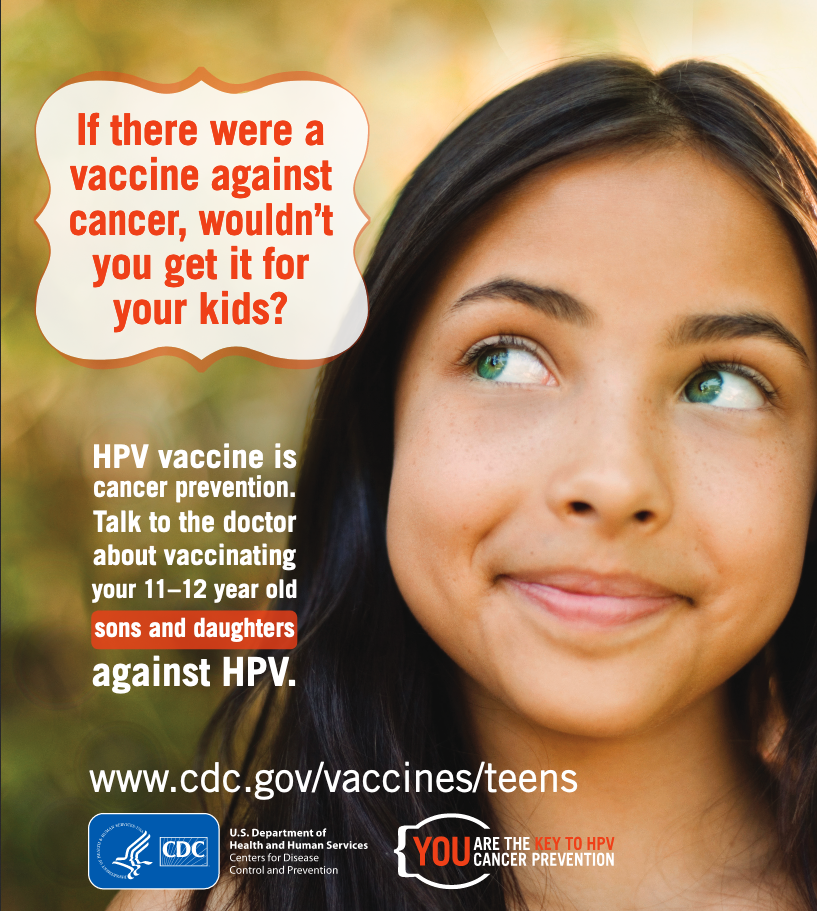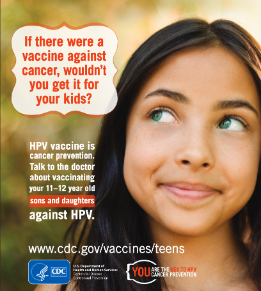Latest News
Research & Innovation
HPV and cancer what you may not know
Jun 3, 2014


According to the U.S. Centers for Disease Control and Prevention (CDC), approximately 79 million Americans are currently infected with the human papillomavirus (HPV) and about 14 million people will become newly infected each year. The CDC goes on to say that “HPV is so common, nearly all sexually- active men and women will get at least one type of HPV at some point in their lives.” As a growing epidemic, HPV is not only the most common sexually transmitted infection, but also a rising cancer causer.
What is HPV?
There are more than 40 types of HPV that can infect both males and females. HPV is passed through genital contact and vaginal, anal or oral sex. Most people who become infected with HPV show no signs or symptoms.
Screening and prevention
Currently, there are no routine screening tests recommended for HPV-related health effects, such as genital warts or cancers of the vulva, vagina, anus, penis and oropharnyx other than cervical cancer. A Pap test and HPV test can check for the virus that causes cell changes in the cervix that can become cancer.
For prevention, the CDC recommends HPV vaccination (Cervarix or Gardasil) for 11-12 year old boys and girls. HPV vaccines are considered to be safe and effective, and can protect males and females against some of the most common types of the virus.
- Females: Both vaccines are available to protect females against the strains of HPV that cause most cervical cancers. Gardasil also protects against most genital warts and anal, vaginal and vulvar cancers. Females aged 13-26 may also receive the vaccine if they did not when they were younger.
- Males: Gardasil is also available to protect males against the strain of HPV that causes most genital warts and anal cancers. Males aged 22-26 may also get the vaccine.
Things to keep in mind when considering vaccinating yourself or your child: the vaccination does not protect against all types of HPV, so you will still need regular cervical cancer screenings; the vaccine requires three shots taken within a six-month period; some people may not receive the full benefit of the vaccine because they may have already been exposed to HPV; and as with any vaccine, the HPV vaccine has possible risks and side effects. Consult with your doctor about screening and vaccination to help determine the best steps for you to reduce your risk of HPV.
For those who are sexually active, condoms may lower the risk of HPV. The CDC advocates that, “to be most effective, condoms should be used with every sexual act, from start to finish.” But the CDC also advises: “HPV can infect areas that are not covered by a condom, so condoms may not fully protect against HPV.”
Another way to lower your risk of HPV is by being monogamous and limiting your number of sexual partners. Even still, since the disease is so common, people with only one lifetime partner can also get HPV.
HPV and cancer
HPV infections can cause serious health conditions, including genital warts and cervical, vaginal, vulvar, penile, anal and oropharyngeal (head and neck) cancers. The most common HPV-associated cancer is cervical cancer, and almost all cervical cancers are caused by HPV, which is why cervical cancer screening and vaccinations are important. You can also help lower your risk of oropharyngeal cancers by avoiding tobacco and limiting alcohol intake, both of which account for 75 percent of head and neck cancers, especially cancers of the mouth and throat.
Learn more at http://www.cdc.gov/std/hpv/stdfact-hpv.htm.
Written by:
Related News
Research & Innovation
A portable water tank could make radiation therapy more efficient and accessibleAug 14, 2025
Research & Innovation
Commitment to cancer survivors paves the way for a healthier futureAug 13, 2025
Research & Innovation
Massey now offering outpatient transperineal prostate cancer biopsyAug 11, 2025

Get access to new, innovative care
Treatments in clinical trials may be more effective or have fewer side effects than the treatments that are currently available. With more than 200 studies for multiple types of cancers and cancer prevention, Massey supports a wide array of clinical trials.

Find a provider
Massey supports hundreds of top cancer specialists serving the needs of our patients. Massey’s medical team provides a wealth of expertise in cancer diagnosis, treatment, prevention and symptom management.
